The other night I attended an AIA mentoring event and found myself once again being asked "What is the difference between a mentor and a coach?". I'm often asked this question and interestingly, it transpires that people are often as vague about what a mentor is as they are about what a coach is.
To explain, I find it helpful to run through the consultant-mentor-coach continuum initially (see diagram below). There is no clear definition of these terms but I have made a start below and touch on the overlap between mentoring and coaching.
On the left of the diagram, we have consulting - the provision of expert professional help. I start with this as it is the most widely understood of the three terms. A consultant will find your problem, offer a solution and quite likely define him/herself a role in the implementation of that solution. Consulting is typically "directive" in approach. Now to the challenging aspect – mentor and coach.
A mentor, or 'trusted advisor', will offer you guidance and advice based on their own knowledge and past experience. Mentors are usually a senior industry figure, either found inside the company, or from within the industry/sector and have specific knowledge, skills and/or contacts that may be beneficial in guiding the mentee's professional development. Aspects of mentoring can include:
A longer term relationship
Focus on developing the mentee professionally in their career and personal development
Usually informal and meetings can take place as the mentee needs them
Opening the door to opportunities through their knowledge, experience and/or contacts
Agenda is set by the mentee with the mentor providing support and guidance to prepare them for future roles
Coaching is based on the belief that you are the expert in your life and that as a creative and whole person, you have the potential to maximise your performance. A coaching partnership elicits insight, self-discovery, strategies and solutions to overcoming your issues and achieving your goals. Coaching is non-directive. Aspects of coaching include:
Primarily a short-term intervention
More structured in nature with meetings at regular intervals and with a clear feedback process
Focus is on specific development issues at work
Agenda is set by the coachee and is focused on achieving specific goals
Generally not performed on the basis that the coach needs to have direct experience of the coachee's role
Will incorporate the rehearsal of new appropriate behaviours
The confusing part is when mentoring and coaching overlap and they often do.
“What unites the two approaches is the need for a robust dialogue, balancing support with challenge”
Coaches with industry experience may step into a mentoring role but they are trained to be conscious of this step and you may find your coach actively telling you they are changing hats. A coach shouldn't be giving unsolicited advice and will only offer it when it is seen as a direct benefit to the coachee.
Whilst mentors will find they often adopt coaching techniques - just without putting a name to it. Your mentor may have specific industry skills and knowledge but they also need to be self-aware and take their own personal development seriously. Listening and sharing skills are crucial to a good relationship - and it's a two-way street.
What unites the two approaches is the need for a robust dialogue, balancing support with challenge. Both need to rest upon a strong relationship between the two parties with mutual trust and respect - remember to discuss what 'confidential' means to you. Whether you choose a coach or a mentor - or both - your professional life will reap the rewards. And the company will too, as you are more likely to stay when you can see a clear path to the top.
The best thing you can do for yourself is to value your own self-development, with the support of someone who is right there - in your corner. Coach or mentor, go find out more, it may be the best decision you ever make!


